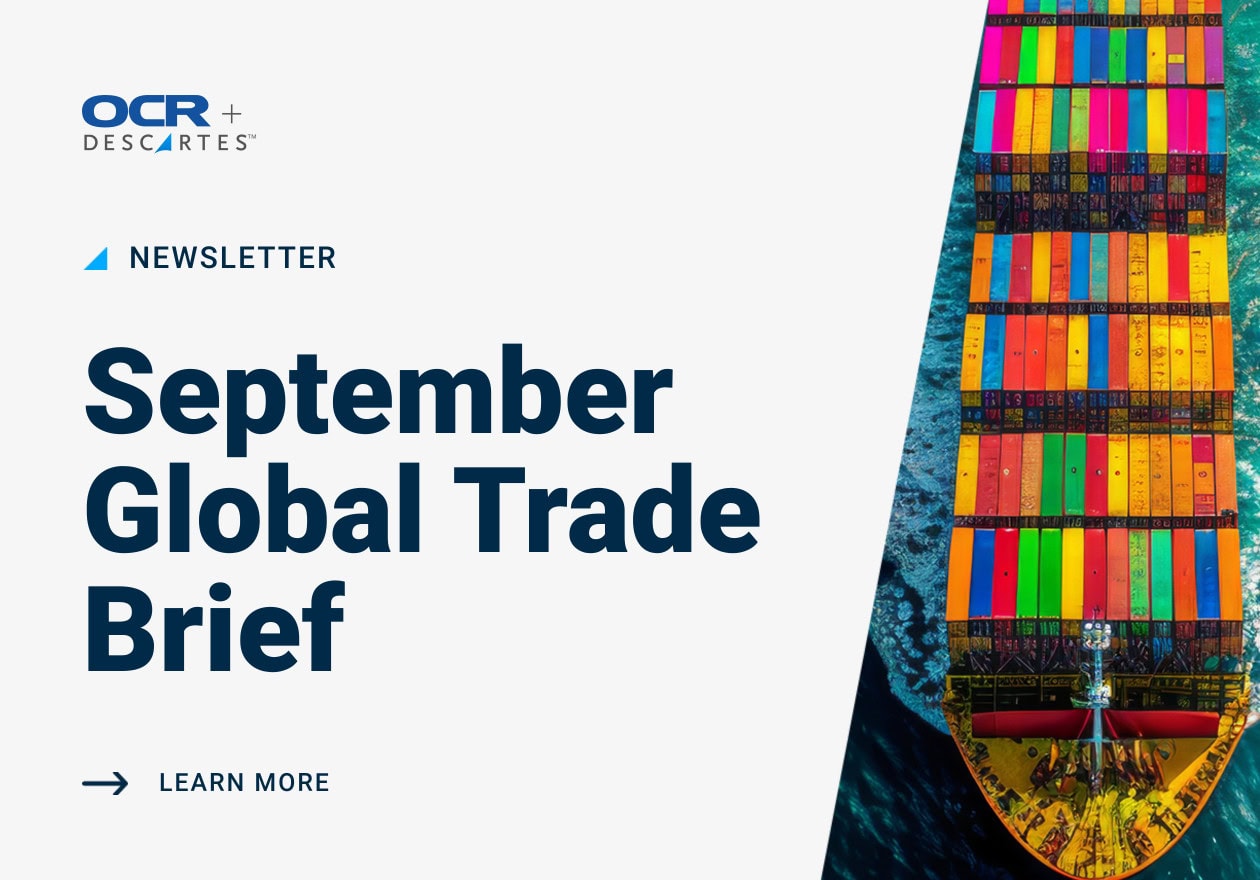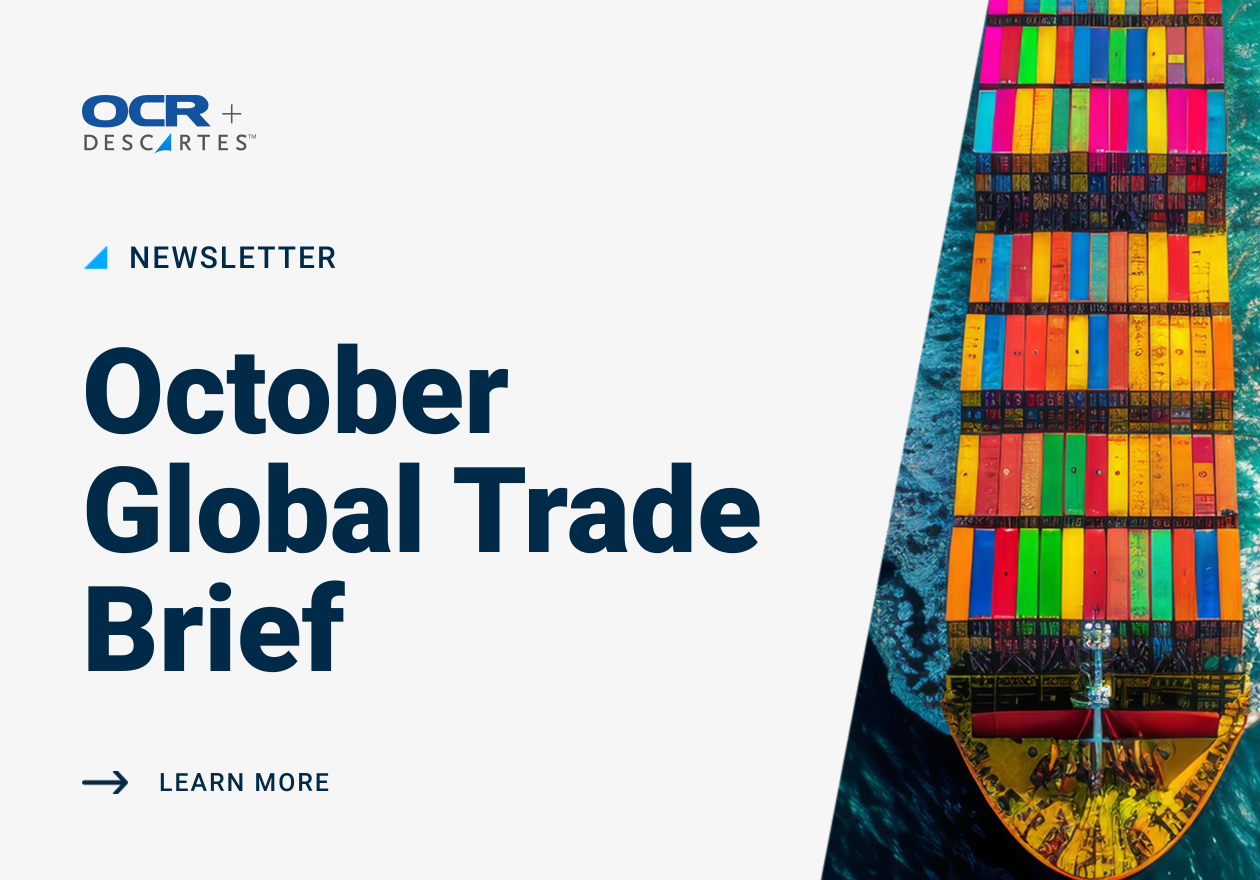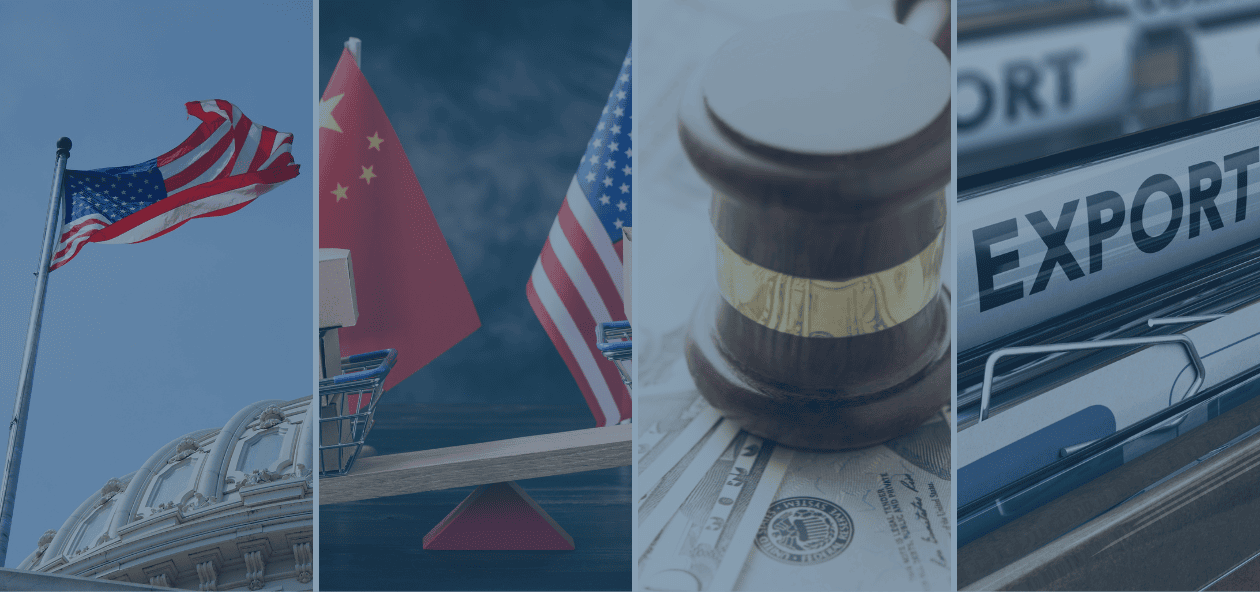E5 Reaffirm Commitment to Robust Export Control Enforcement to Counter Evasion
The Export Enforcement Five (E5) countries, which include Australia, Canada, New Zealand, the United Kingdom, and the United States, have renewed their commitment to enforcing export controls on Russia. This is aimed at preventing the diversion of sensitive technologies and materials that support Russia’s full-scale invasion of Ukraine.
The E5 will enhance their efforts in several areas:
- Information sharing and capacity building: The countries will share information related to enforcement and build each other’s capacity to effectively enforce export controls.
- Outreach and guidance to industry: The E5 will increase outreach and guidance to industry to prevent the diversion of sensitive technologies and materials.
- Joint investigative efforts: The countries will expand their joint investigative efforts to impose penalties on those who violate export controls.
Assistant Secretary for Export Enforcement Matthew S. Axelrod praised the E5’s impact on impeding Putin’s efforts to acquire dual-use items. He stated that the partnership has laid a strong foundation for continued effective global enforcement in support of common national security interests.
The E5 has been working together since June 2023 to strengthen supply chains, identify and punish those violating export controls, and issue guidance to counter Russian evasion. In September 2023, the E5 issued Quint Seal Guidance, to combat Russian evasion of export controls. This initiative led to detentions, seizures, and investigations, disrupting efforts to acquire items supporting Russia’s war efforts illegally. These efforts have led to successful enforcement actions and established a foundation for future enforcement.
Commerce Implements Regulatory Changes to Voluntary Self-Disclosure Process and Penalty Guidelines
The U.S. Commerce Department’s Bureau of Industry and Security (BIS) implemented changes to the Export Administration Regulations (EAR) to streamline the voluntary self-disclosure (VSD) process and update penalty guidelines for export violations. These changes give BIS more flexibility in determining penalties and make it easier for companies to submit VSDs, especially for minor violations. Additionally, Raj Parekh was appointed as BIS’s first-ever Chief of Corporate Enforcement, tasked with overseeing corporate investigations and strengthening export enforcement efforts.
Voluntary Self-Disclosure Process key updates:
- Dual-track VSD process: Minor violations will be resolved within 60 days while major violations will undergo a more thorough investigation.
- Streamlined submissions: Companies can submit abbreviated narratives for minor violations and bundle multiple violations into one quarterly submission.
- Revised penalty guidelines: Penalties will be linked directly to the seriousness of the violation, with non-monetary resolutions possible for less severe cases.
- Disclosure penalties: Deliberate non-disclosure of significant violations will be considered an aggravating factor.
- Third-party reporting: Anyone may notify the Director of OEE that a violation has occurred and then request permission from the Office of Exporter Services to return previously unlawful exports to the United States.
- Emphasis on industry cooperation: Companies that disclose violations will be considered for reduced penalties.
- New factors in penalty determinations: Human rights abuses and exceptional cooperation will be considered when assessing penalties.
- Institutionalization of policy changes: The new rule formalizes policies that have already led to a 30% increase in significant VSDs since 2022.
Revised BIS Penalty Guidelines:
- Individualized penalties: Penalties will be tailored to the specific circumstances of each violation.
- Non-monetary resolutions: Less severe violations may be resolved without monetary penalties.
- Human rights abuses: Enabling human rights abuses will be considered an aggravating factor.
- Exceptional cooperation: Disclosures of others’ misconduct will be recognized as exceptional cooperation.
These changes aim to deter future violations and hold violators accountable.
U.S. OFAC issues Russia-related general licenses
The U.S. Treasury’s Office of Foreign Assets Control (OFAC) issued several Russia-related general licenses, allowing certain transactions that would otherwise be prohibited under sanctions. These include:
- General License 103 – Permitting transactions related to importing specific diamond jewelry.
- General License 104 – Permitting transactions related to importing certain diamonds.
- General License 105 – Allowing limited safety, environmental actions, and cargo unloading involving certain blocked persons or vessels.
- General License 106 – Authorizing the wind-down of transactions with entities blocked on August 23, 2024.
- General License 107 – Allowing limited safety and environmental actions involving blocked persons or vessels.
These licenses authorize specific types of transactions without needing individual approvals from OFAC, that would otherwise be restricted.
Source: https://public-inspection.federalregister.gov/2024-19927.pdf
BIS Updates CCL to Address National Security Concerns Related to Advanced Technologies
The Bureau of Industry and Security (BIS) has introduced new export controls to regulate advanced semiconductor, quantum, and additive manufacturing technologies for national security and foreign policy reasons.
This new rule adds Export Control Classification Numbers (ECCNs) to the Commerce Control List, revises existing classifications, and provides a new license exception for countries with similar controls. Additionally, two new worldwide license requirements are implemented for national security and regional stability under the Export Administration Regulations (EAR).
Key Updates:
- New Controls: The Commerce Control List (CCL) is updated with new Export Control Classification Numbers (ECCNs) for these technologies. Existing ECCNs are also revised.
- International Collaboration: These controls were established through discussions with international partners, ensuring a coordinated approach.
- License Exceptions: A new license exception allows exports and re-exports to countries with similar controls on these technologies.
- Worldwide License Requirements: Two new worldwide license requirements are added for national security and regional stability.
The rule, effective from September 6, 2024, grants a compliance grace period until November 5, 2024, for specific quantum items and certain destinations. Comments on the rule, particularly regarding quantum export policies, must be submitted by November 5, 2024.


